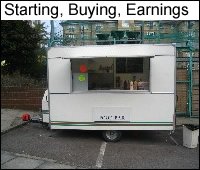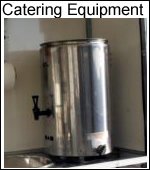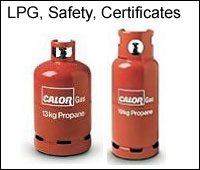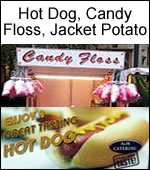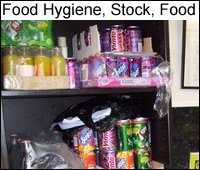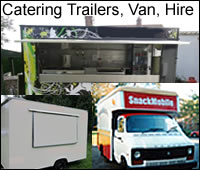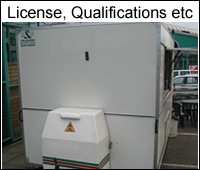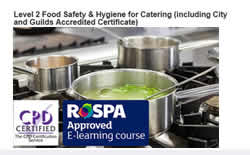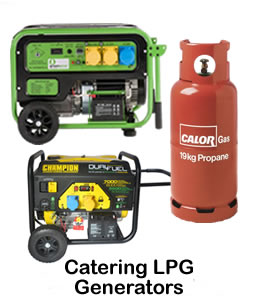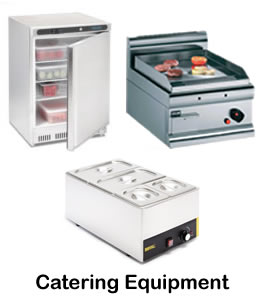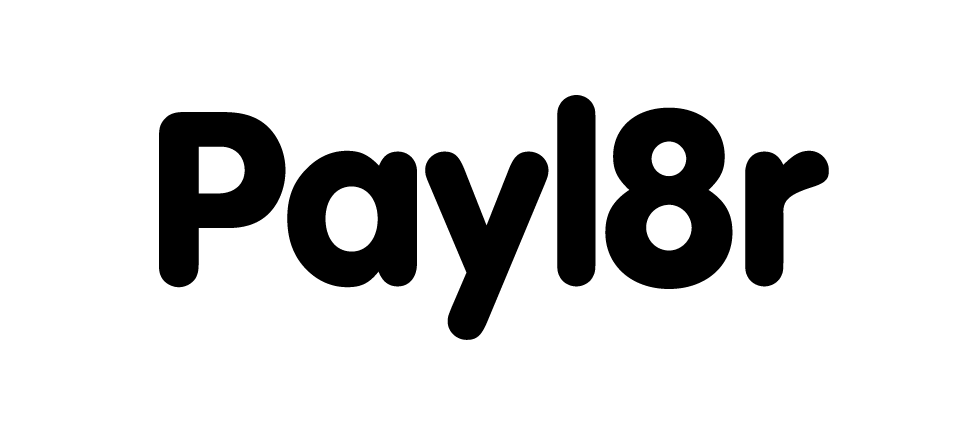Home Catering African Food
by Esther
(Dartford)
I intend starting a mobile catering business selling mostly African foods. However most of the food will be cooked at my home kitchen first and then transported to the catering trailer which will be permanently stationary at a set location. What sort of requirements will need to be met to use my kitchen to carry out commercial cooking?
Comments for Home Catering African Food
|
||
|
||


